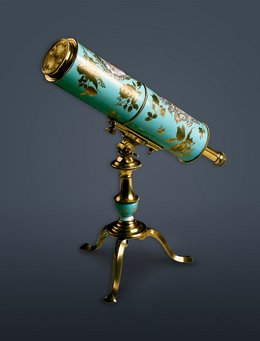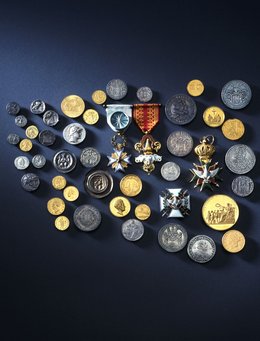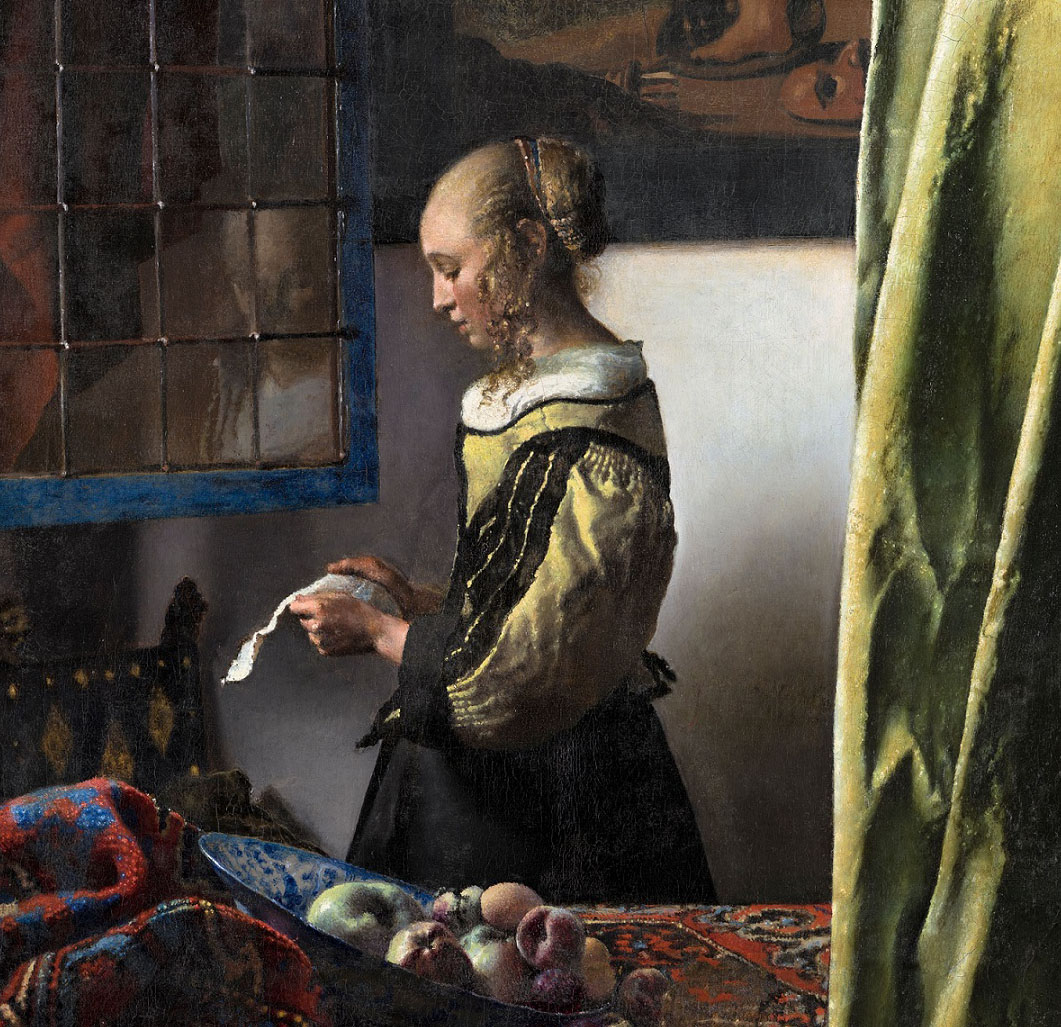Ein mit Beton
The term »East« as a self-perception and attribution to others that was used during the OSTEN Festival in Bitterfeld-Wolfen prompts the group to reflect on what »East« can mean today. The group chooses the term fermentation as a metaphor to approach practices of dealing with history. Fermentation is one of the oldest methods of working with microorganisms to make matter more durable, digestible and otherwise usable. The collected matter enters into a fermenting process by combining it with a ferment. This opens up a thinking about »East« as a relational term, as well as the question: how can attributions and concepts of "East" be transformed?
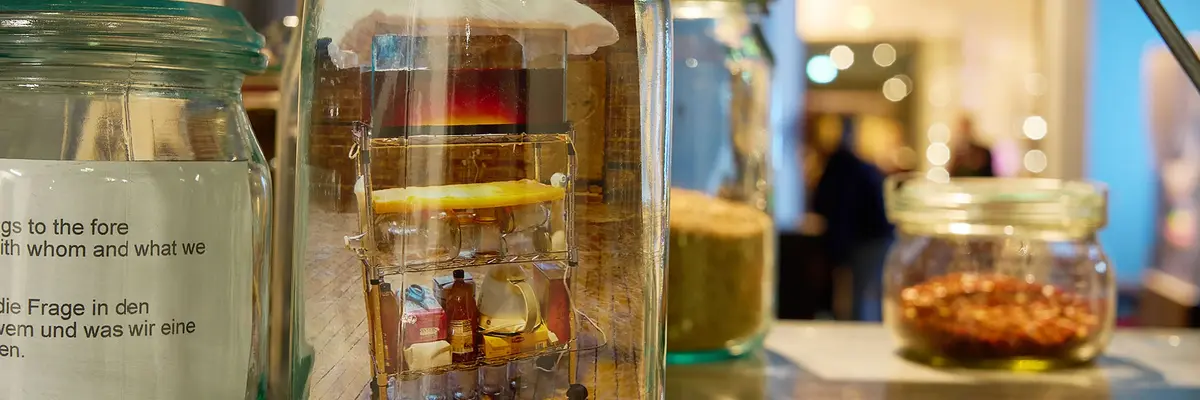
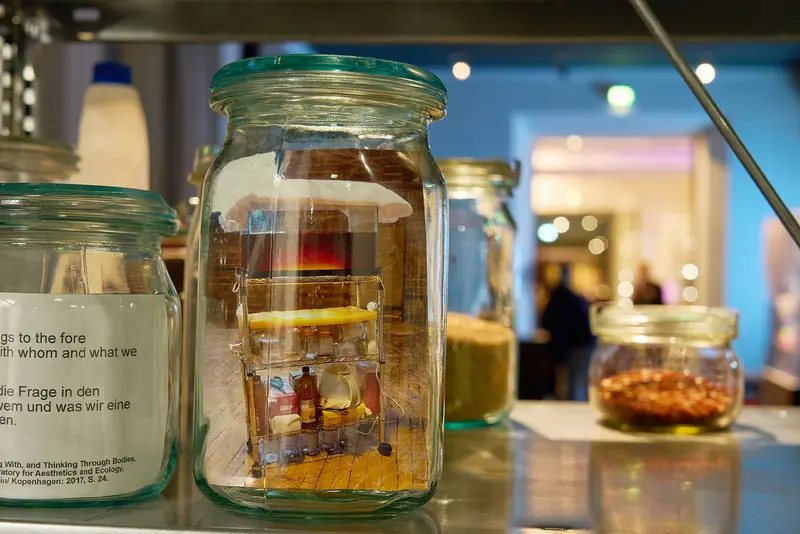
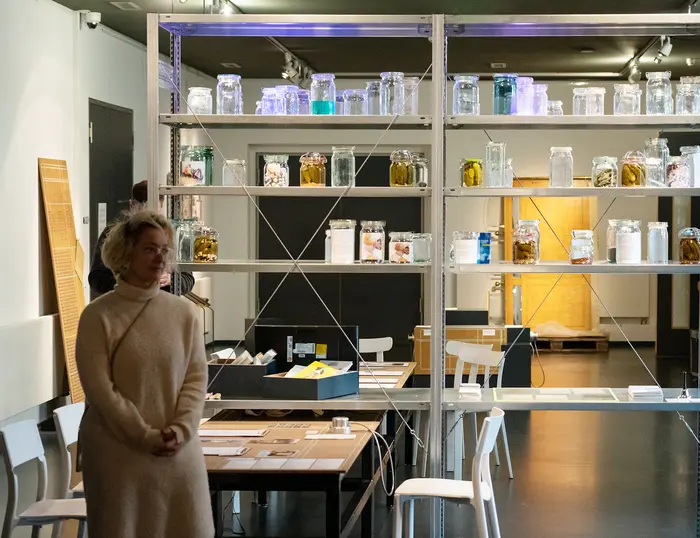
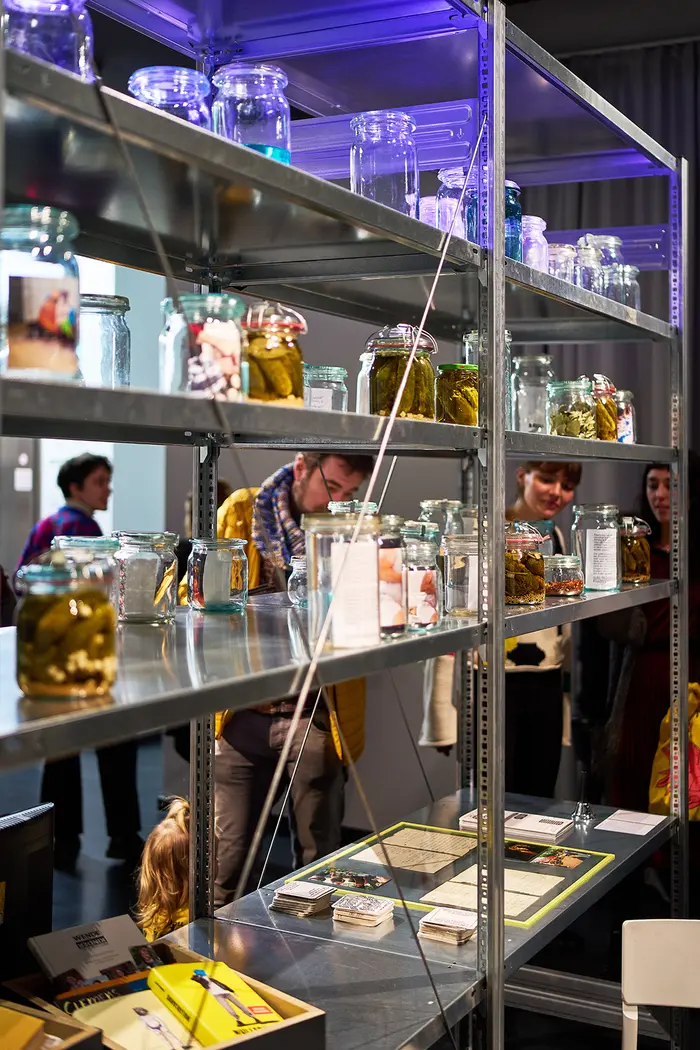
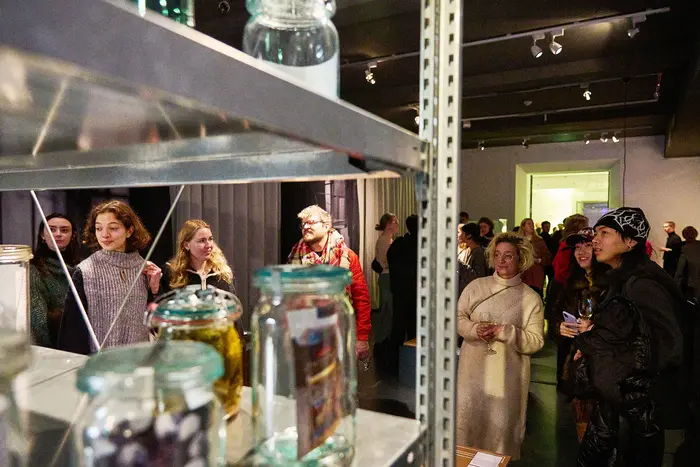
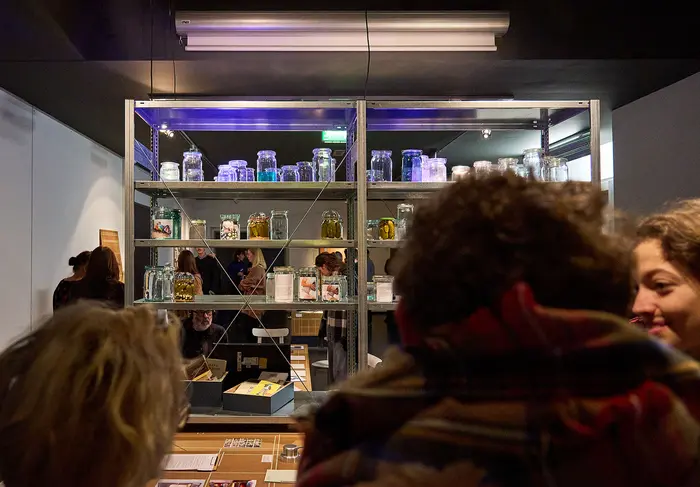
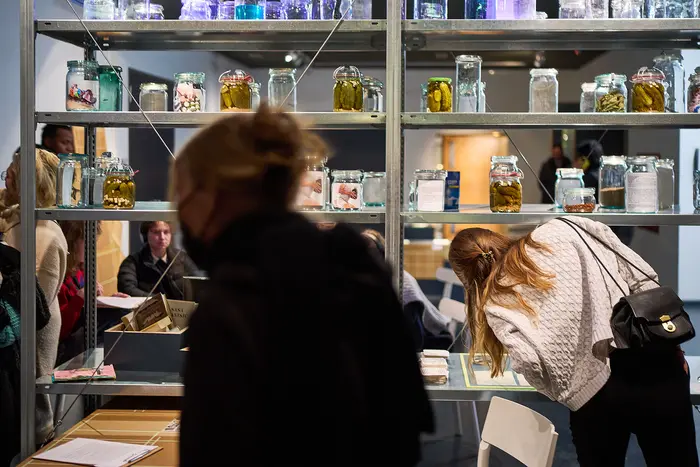
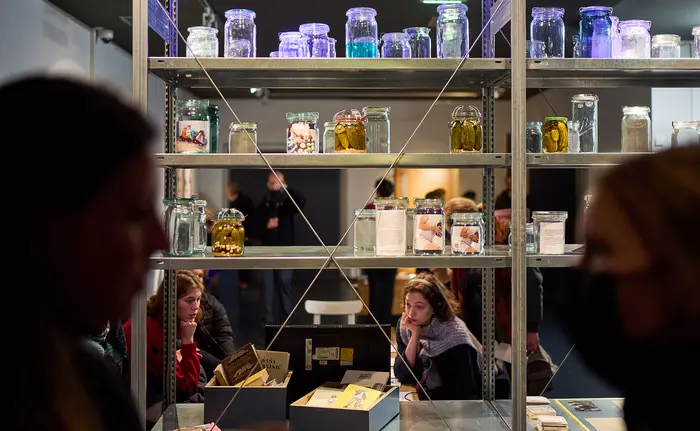

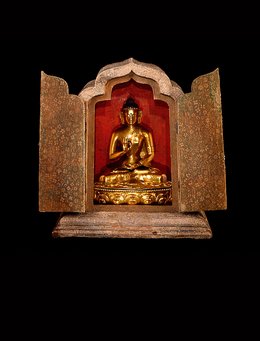
![[Translate to English:] Damaskuszimmer reich verzierte Holztür mit Fenster](/fileadmin/_processed_/e/8/csm_museumvoelerkundedresden-damaskuszimmer-ausstellungsteaser_portal_bafc63a688.jpg)
